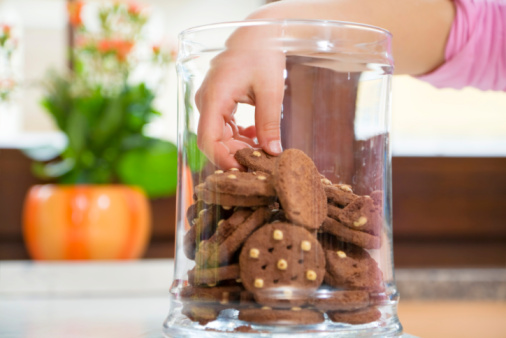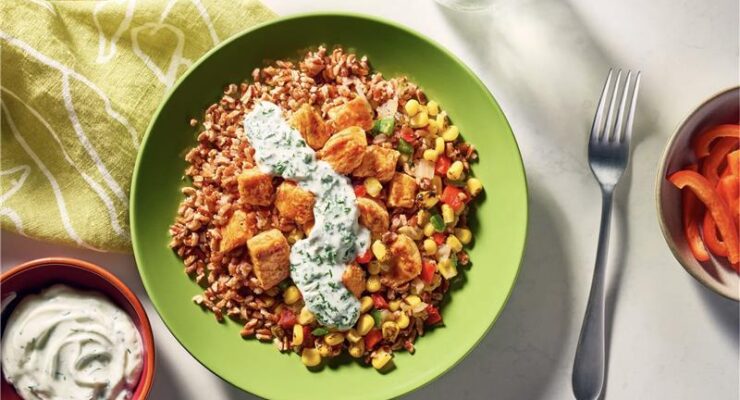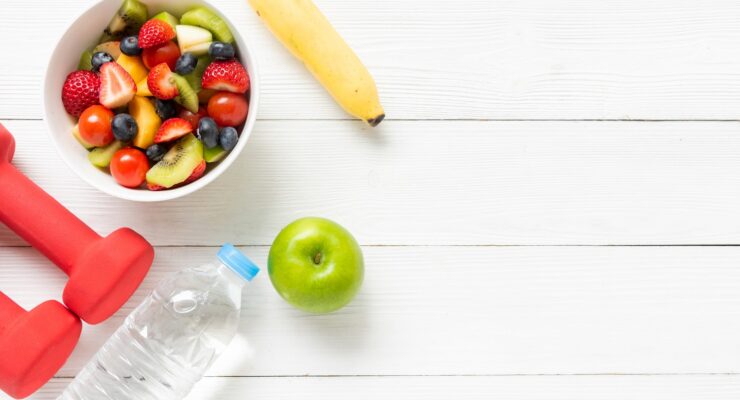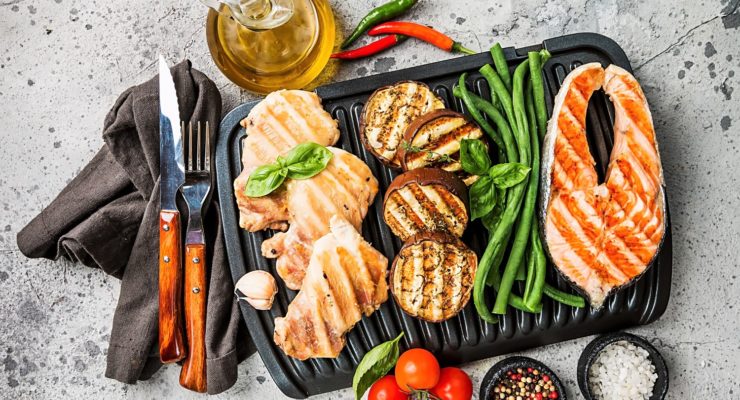5 Things You Learned as a Child That Cause Weight Gain as an Adult
Article posted in: Lifestyle
Your mom was right about a lot of things. Don’t stay up too late (a good night’s sleep keeps you healthy and slim); in 10 years this isn’t going to matter (you’ve already forgotten it); and your ex really wasn’t good for you (he’s your ex).
But she might have given you some diet advice when you were a child that could cause weight gain now that you are an adult (sorry, mom, nobody’s perfect). Here are a few words of wisdom you probably heard as a child that you’ll have to disregard if you want to lose weight as an adult:
1. You can’t leave the table until you clean your plate.
This is a big problem for moms. Studies at the Cornell Food & Brand Institute found that the average kid only eats about 60% of the food on his plate. But adults? We consume about 92 percent. We’re all on the “Seafood” diet: When we see food, we eat it. Given that portion sizes have doubled over the past 20 years, that’s a serious amount of overeating. You can still belong to the Clean Plate Club, say the Cornell researchers, if you become mindful of how much you actually put on your plate. The average protein serving is three ounces, about the size of a deck of cards. One serving of pasta or rice is half a cup cooked. Two ounces of cheese—about the size of a domino (or your thumb)—is considered one serving. One serving of vegetables is a half cup, about the size of a tennis ball (keep reading for more on veggies!). Nutrisystem meals are all perfectly portioned to remove all of the guessing games and help people avoid a clean-plate diet catastrophe.
2. You can’t have dessert unless you finish your veggies.
Way to make veggies feel like punishment, mom! Little kids may have trouble handling the bitter taste of some veggies, but most adults grow out of that and even develop a taste for fresh spring asparagus or roasted Brussels sprouts, according to research done at the Monell Chemical Senses Center. In fact, roasting vegetables can bring out their inner sweetness so you can literally have veggies as good as dessert.
3. No snacking between meals!
We now know that eating every few hours can help keep your blood sugar stable plus help keep your metabolism chugging along, burning calories. That doesn’t mean bingeing on Cheetos or eating as many calories at snack time as you do at meals. Eating the right kind of snacks—those with protein, like nuts, or healthy fats, like avocado—can help you keep the “hungries” at bay so you don’t overeat at meals. Keep some popcorn or a Chocolatey Pretzel Bar stashed close by, to ensure your appetite doesn’t get the best of you later.
4. You deserve a cookie.
So, this is where you learned that food is the best reward for everything, from surviving the 5 p.m. commute to scoring kudos for bringing in a new client to your firm. Using food as a reward (or, conversely, withholding food as punishment) in childhood can lead to a lifetime of unhealthy eating, say many parenting and nutrition experts. One unintended consequence: You start to value these reward foods more than healthier options, says the American Academy of Nutrition and Dietetics. To celebrate a victory or assuage a defeat, switch over to nonfood rewards, like a new nail polish, a couple of hours off your usual chores to watch the latest Netflix series, or a download of the latest music from your favorite artist that you can listen to on your walk.
5. If you get enough exercise, you can eat as much as you want.
That sounds great, but it isn’t true. For one thing, the latest studies have found that while exercise is important for your health and does help burn calories, exercise alone won’t help you shed pounds. Your body hits a plateau where exercising more doesn’t burn any more calories, so you need to cut them out of your diet, according to a 2016 multinational study published in the journal Current Biology. And here’s a reality check on how much exercise it really takes to work off calories from a variety of foods, from The Royal Society of Health in the UK: To burn off one blueberry muffin, you’d need to run for half an hour. A sugary soft drink? A 26-minute walk or a 13-minute run. And pizza? For just one-quarter of a large pie, you’ll need to lace up those shoes and walk for an hour and 23 minutes.













